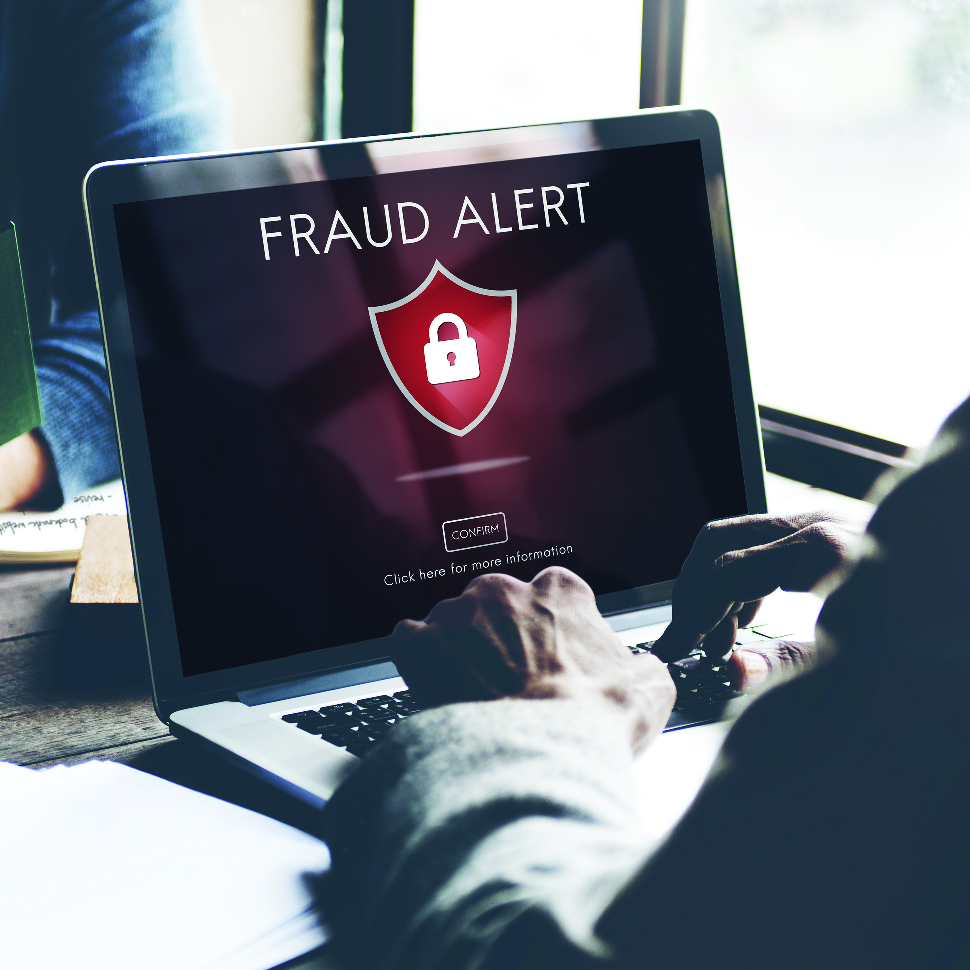By Karen A. Condi, a thought leader and highly sought after resource in the workspace industry where she has used her experience and understanding of industry’s best practices to maximize revenues and drive profits for her clients. In the last two decades, while serving as principal and president of Office Suite Strategies, Karen has opened, acquired, developed and managed over 50 serviced office properties throughout the US.
A prestigious address is likely to attract the best of businesses. But it is also likely to attract con artists and scammers.
Fraud and scams have been a nuisance for virtual office operators for some time now.
In September 2016, Google updated its local search algorithm in an attempt to clean up its results. Experts believe Google made this update in part because various businesses shared the same address–some of which were illegitimate or fake businesses.
Google’s Possum update took a stab at virtual office users, both authentic and fraudulent, by eliminating duplicate listings (those with the same address) from its local search result. Luckily, there are some steps virtual office operators and users can take to minimize the impact of the Possum update.
Though Google’s update may have harmed some virtual office users’ business listings, it raises an important issue: what can you do to prevent con artists and scammers from taking advantage of your services?
Fortunately, online notary systems have made it easier for operators to verify the identity and legitimacy of their potential clients. Mike Sullivan, CMO of Alliance Virtual Offices, says “those seeking to commit fraud find it more difficult to get a virtual office with the advent of online notaries such as Notarize and NotaryCam and their use of identity verification as part of the process. We see more companies disappearing from our ecommerce process when they find out they must verify their identity before they become our client.”
Nonetheless, even with technology and more awareness, fraudsters continue to prey off of virtual offices; like the recent case of 3 men (one Burbank and the other two from Glendale) that now have to pay each over $1 million in restitution and serve prison time for mass mail scam.
Though technology can aid in the fight, operators need to carefully watch out for those intending to hire their services. Though you might be tempted to sign as many clients as you can, it’s become crucial to be somewhat ‘picky’ and do your research before signing anyone on board. Keep in mind that although you are not operating a fraudulent business, you can potentially be seen as an enabler.
Common Scams Made Possible Through Virtual Offices
E-Commerce Fraud
One of the most popular services virtual offices offer is mail handling. Scammers have been known for contracting mail handling services to carry out illegal activity. A virtual office address that allows clients to receive packages and forward them to a different address can tempt people to order goods online and refrain from paying them–since the sender has no other address but that of your business, you are putting your reputation at risk.
Before you begin servicing a client, make sure all documentation and required forms have been submitted and confirmed. If a client refuses to provide all the documentation or promises to send it later, it’s a red flag. Therefore you should not activate their account, you should not receive packages or mail destined for them.
Fake Companies, Corporations, Identities
A few year ago, the FTC uncovered a fraudulent operation where scammers would mimic legitimate companies–taking real federal tax I.D. numbers and then setting up fake businesses with nearly identical names that appeared to be nearby. It’s in this last point where virtual offices come in; these fake companies would use virtual office services like mail handling and receptionist services to ‘fool’ people into believing they were real organizations.
It’s crucial to have a keen eye for detail to notice even the smallest of inconsistencies when it comes to setting up a new client. Although some companies are registered with a different name than their commercial name, it’s important that all things are double-checked and verified. For example, in the case mentioned above, the scammers used Adele Services to mimic the operations of a legitimate company called Adele Organization.
3 Key Red-Flags To Watch Out For
Hard To Find and Unwillingness To Share Information
If you get a lead but find it difficult to corroborate some of the basic information of the business or person–like registered name, current address, listed phone number, legal representative, website, online presence, clients, etc–then you’ll want to consider doing a thorough background check.
Oftentimes, fraudulent businesses start operating with the minimum required documentation, so it’s important that you ask for copies of official documents and verify all forms of IDs submitted.
They Want To Sign Now
If a potential client walks in through your door wanting to sign a contract ASAP and they’re not taking no for an answer, promising to send all the required documentation and forms in the future, make sure your red-flag goes up. Overeager clients sound like a blessing and a reward on the surface, but they usually have alternative motives.
Trust your instinct on this one, if you get an iffy vibe or a sense of wariness, then stick to your gut feeling.
Inconsistencies
If their names are slightly different in their forms of ID, if signatures don’t always match each other, if they give you various aliases, if their phone number changes constantly, it is likely that they are trying to hide something.
Fraudsters and scammers can be smooth talkers, so feel free to check up on anything they say, especially if they boast about money, success of their business, or the like.
Watching out for these red-flags can help you weed out the dodgy businesses, however, remember that there is no silver bullet here. If you notice and strange activity, make sure to report it to the authorities. It is also important for you to have a rigid background check and onboarding process, you have to make sure you are keeping your end of due diligence.
If you have any questions about how to establish a process that can help you turn away fraudulent businesses, or if you would like to make sure you are complying with laws and normatives for virtual office services, feel free to reach out to us.



 Dr. Gleb Tsipursky – The Office Whisperer
Dr. Gleb Tsipursky – The Office Whisperer Nirit Cohen – WorkFutures
Nirit Cohen – WorkFutures Angela Howard – Culture Expert
Angela Howard – Culture Expert Drew Jones – Design & Innovation
Drew Jones – Design & Innovation Jonathan Price – CRE & Flex Expert
Jonathan Price – CRE & Flex Expert












